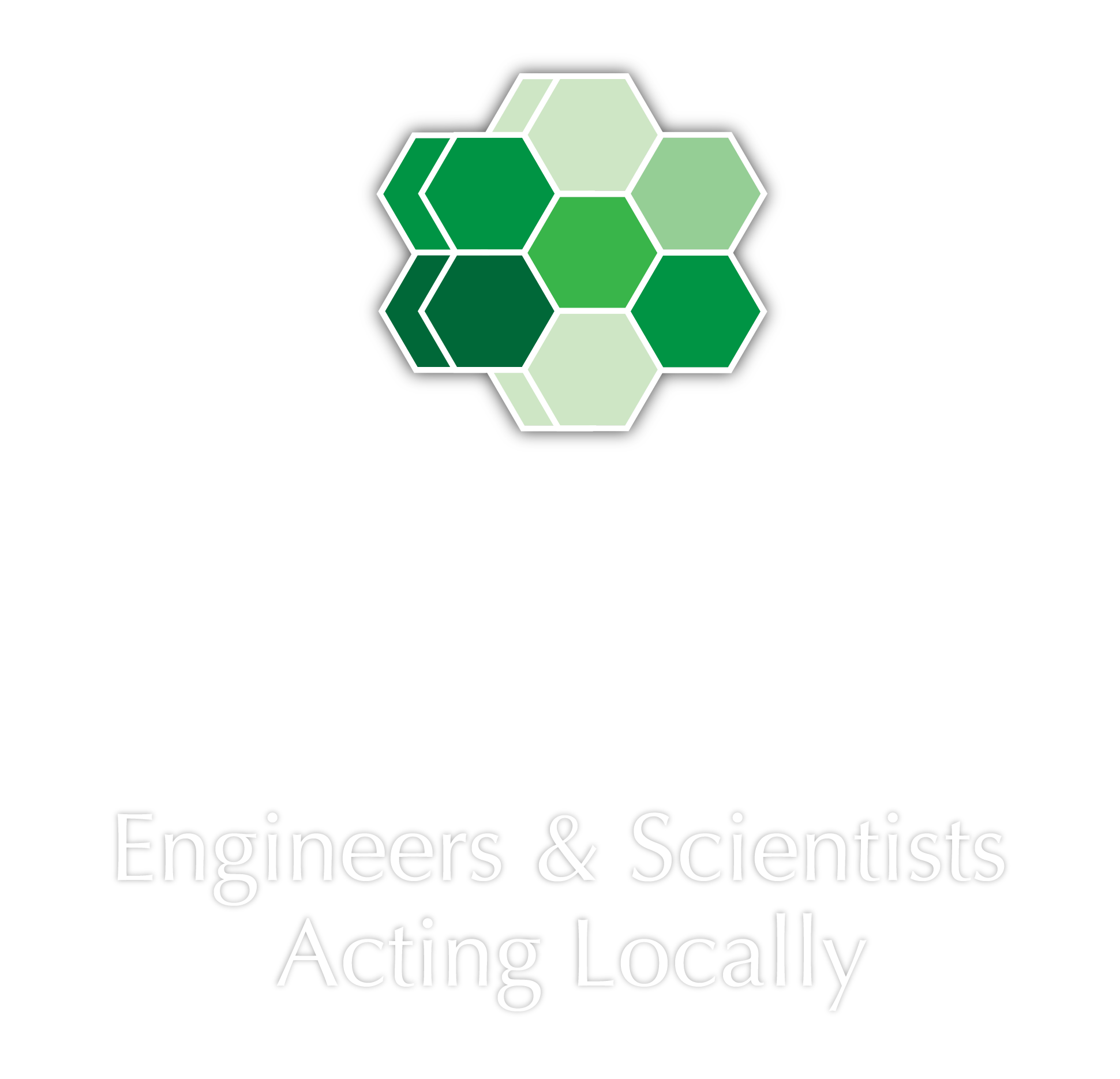In a recent conversation with ESAL, Kavin Manickaraj, chief data scientist at Greenlink Analytics, reflected on how his concern for the well-being of the local community and effects of climate change informs his science and career path. Learn more about how Kavin wants to bridge the gap between science and political action.


